How To Practice Intellectual Self-Care

Photo by charlesdeluvio on Unsplash
Intellectual self-care involves activities that keep our brains active and our intellect expanding.
Our brains operate under the age-old phrase, “if you don’t use it, you lose it.”
My great aunt lived independently into her mid-eighties. Even as a lifelong smoker suffering from some of the long-term effects, she never needed assisted living or help to get around. Her mind was always sharp as a tack.
She started every day doing crossword puzzles and reading the paper. Her brain was always active. She practiced intellectual self-care daily and her excellent brain health until the day of her death was proof to me that the practice did her good.
There are some claims out there that using your brain as you age can help prevent dementia, although the studies are small in size and haven’t been conducted long term enough to draw scientific conclusions. However, according to the Alzheimers Society, there have been observations that those who partake in crosswords, puzzles, and other brain-exercising activities throughout life do seem to have lower rates of dementia.
Learning isn’t just for disease prevention, though. Continuing to learn and grow intellectually throughout life has been linked to higher levels of happiness and better functioning (1).
Studies have found that those who partake in learning and growth outside of work report better physical and mental health as well as greater satisfaction with their lives.
Here are ways you can practice intellectual self-care for yourself…
Finding purpose in our daily routines.
If our daily routines lack purpose, we can be left feeling distressed and powerless. Purpose in life is essential to propelling us forward, and if we live a life without it, it can bring on things like mid-life crises or spiritual crises later on.
Many people work jobs that aren’t that fulfilling. Our society values production and busyness, even if our human side craves slowing down or doesn’t see the meaning in constant, unending production. But it’s how the world functions and it can be hard to pull away from the cycle, especially when we have family that rely on us.
Finding other habits to bring our days' purpose and meaning can be essential. Picking up meditation or yoga practice to find calmness can help. You can volunteer for a cause you care about. You can take a skill that you’ve learned well and teach it to others. You can find space to write or create art or be creative in ways that inspire you.
If something extreme is needed, you can switch careers. Even if you’re twenty years into the last thing you were doing, I guarantee you wouldn't be the first to change it all up for something that has meaning to you.
Learning to look at situations from a different perspective.
Our world is full of diversity, and it can be hard, when we have lived in our own bubbles for so long, to see things from the outside.
The world isn’t always as black-and-white as our media, our governments, or our authorities make it out to be. Sometimes, both sides can be right.
Looking at things from a different perspective, especially when you are so attached to your own, can be challenging, not only intellectually but emotionally as well. As hard as it is, it is essential. In our polarized world, we’re never going to come back together by unequivocally sticking with only our own viewpoints and assuming everyone who dissents is "wrong."
Intellectual self-care can be softening yourself around the edges when it comes to issues you are attached to, then learning to empathetically gaze at the issue in a different way. Even changing your angle by 10-degrees can help us see the world from an entirely new perspective.
Avoiding news at night.
While it’s important to stay informed about what is going on in the world, news addiction can be a real thing, and it goes hand-in-hand with an addiction to your own stress hormones.
Watching the news at night can disrupt sleep, leaving you with anxious, circling thoughts as you try to drift off to rest. Those thoughts can make their way into your dreams, further disrupting sleep if distressing dreams tend to wake you up.
Setting boundaries with yourself around when to consume news can be a form of intellectual self-care.
If you’re going to consume news and inform yourself about the happenings of the world, set a time when you’re going to do it, and perhaps set a length of time. Ground yourself at the moment, reminding yourself that you are safe and taken care of, no matter what’s happening in your town, and consume the news from an intellectual perspective.
You don’t have to consume hours of news per day to know what’s happening in the world.
Spending less time on social media.
Social media can definitely be addicting, and we know the mechanisms that purposefully make it that way.
Doomsscrolling your social media accounts for hours on end can be detrimental to mental health, and often doesn’t give you a realistic view of the world, or of the people's lives whom you follow.
Most people highly curate their social media feeds, picking and choosing what they share. Some are more authentic than others, but even they will choose what moments they want to share and what they want to keep private.
Constantly seeing the fun moments of others' lives doesn’t mean your life isn’t exciting, but spending a lot of time on social media may mean you are missing out on your own life that is in front of you.
If you need help limiting your social media use, there are many apps out there that can help you. Here is a list of several for Apple or Android.
Learning new skills.
As discussed before, learning new skills is associated with better health and wellbeing, and learning doesn’t have to be limited to just formal education or job-related classes.
We live in a digital renaissance, and there is a goldmine of information on the internet just waiting for you to learn. Sites like Udemy, Masterclass, and Gumroad have classes upon classes of all the skills you could possibly want to learn.
You can order books on Amazon, and, hey, libraries still exist, you know!
Local community centers may put on classes, and places like the Mystery School provides classes that dive into deeper, more esoteric wisdom if that’s your jam. Heck, there are even cooking schools where you can attend a one-night class and sharpen your culinary skills.
Learning not only helps us maintain health, happiness, and wellbeing, it helps propel us forward, drive our intellect, and keep us reaching up.
Drive, just like our brains, just like a foreign language we once knew in college but have ceased to use since, is lost if it’s not used.
So keep driving yourself forward.
Learn.
Grow.
Create.
Do it because it’s fun, not because you need to monetize the skill. We grew up thinking that the skills we acquired had to be monetized somehow, and if we couldn’t make a living off of it, there was no point. (Thanks a lot, society...) With the decline in happiness and wellbeing in society these days, perhaps we’re finding now that that’s greatly untrue.
One thing that sets humans apart from our primate family is that we are constantly innovating. Our need for innovation drives us forward. Apes can live in the same environment generation in and generation out and be okay.
We, as humans, need to grow and develop and innovate to satiate our intellectual needs. So go learn something new because you, as a human being, need it. You won’t regret it.
Sources
(1). Narushima, M., Liu, J., & Diestelkamp, N. (2018). Lifelong learning in active aging discourse: its conserving effect on wellbeing, health, and vulnerability. Ageing & Society, 38(4), 651-675; Jenkins,
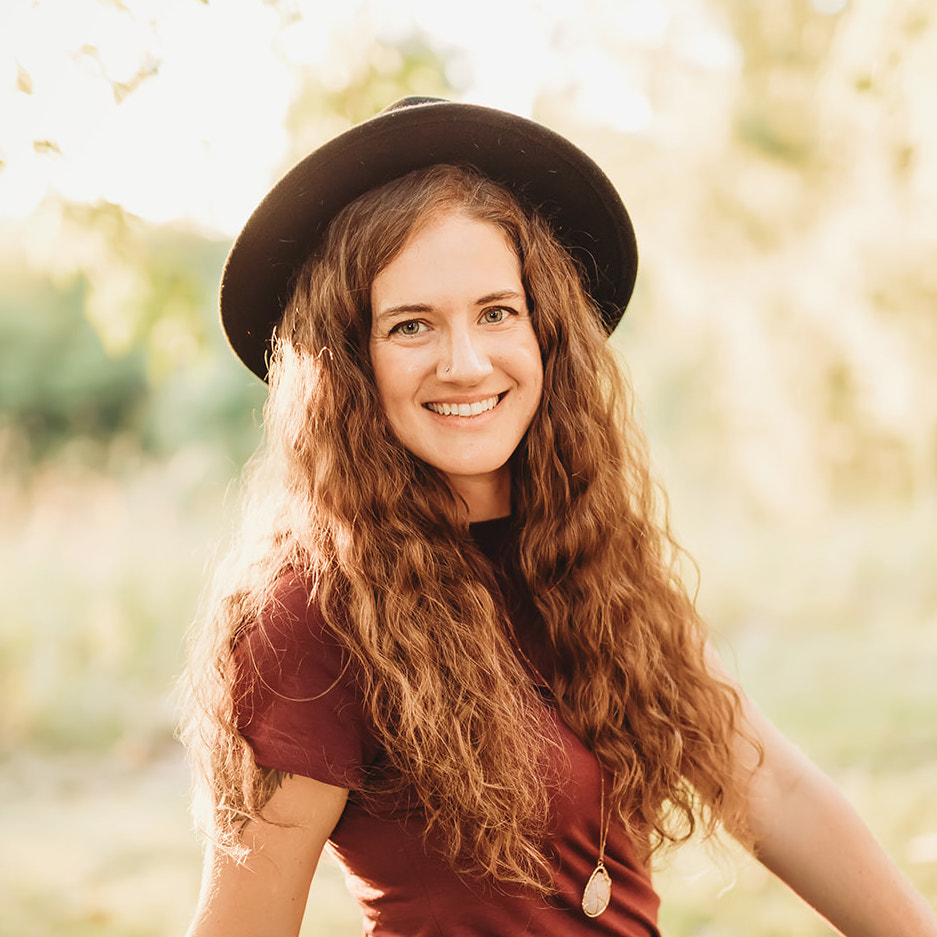

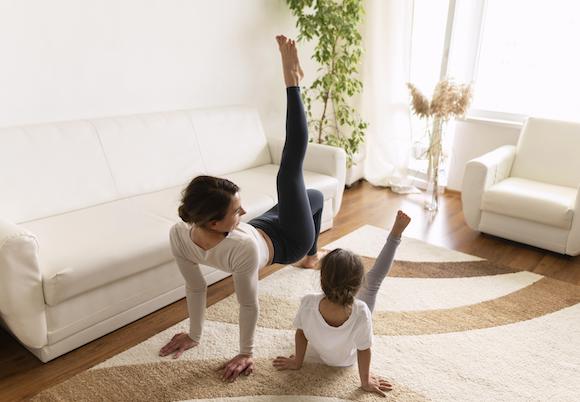
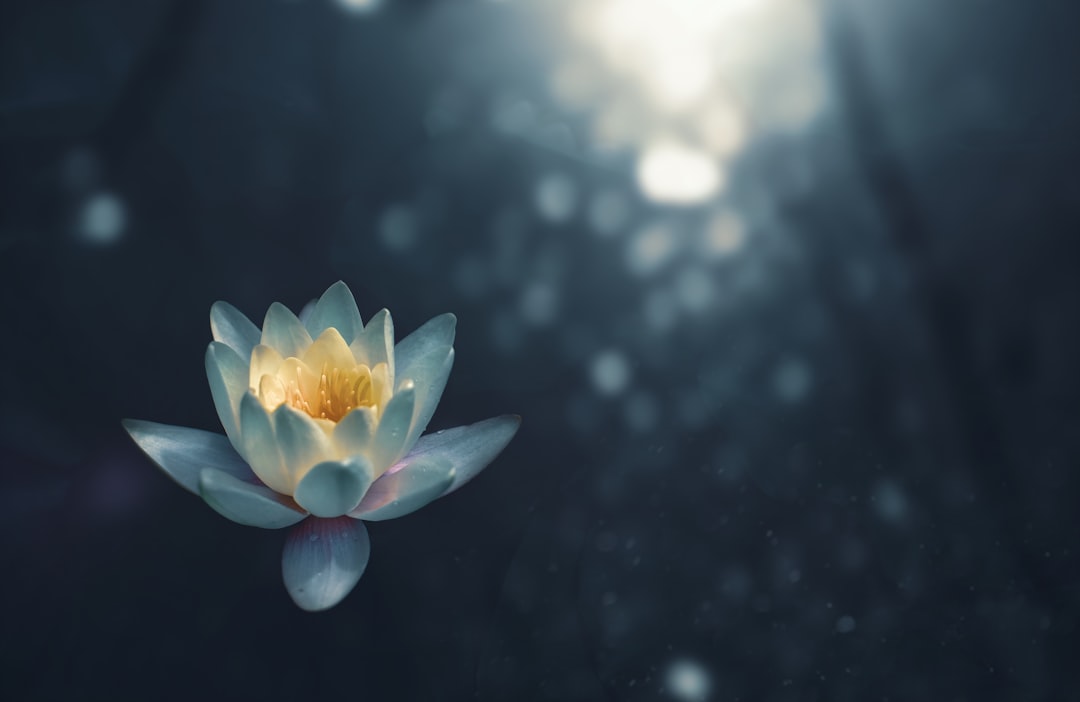
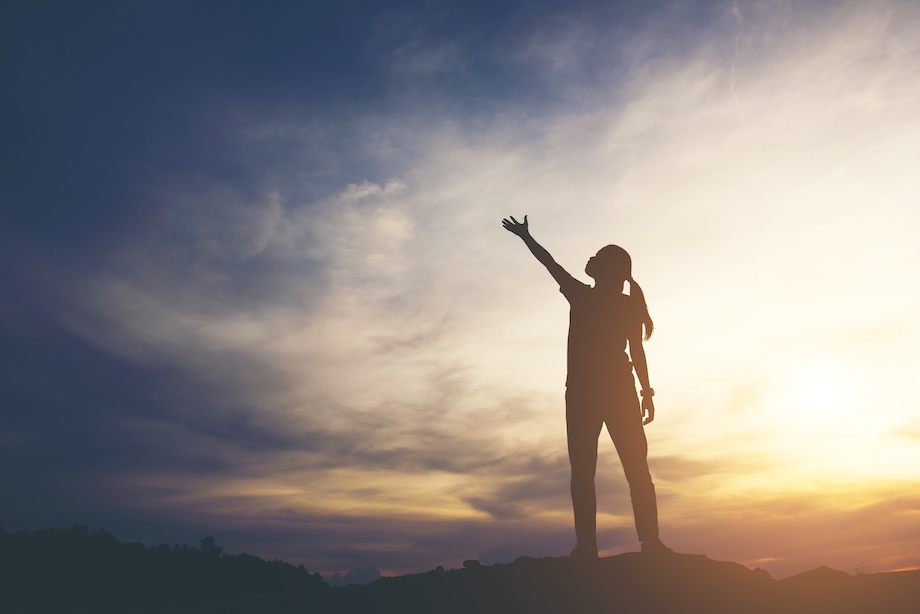

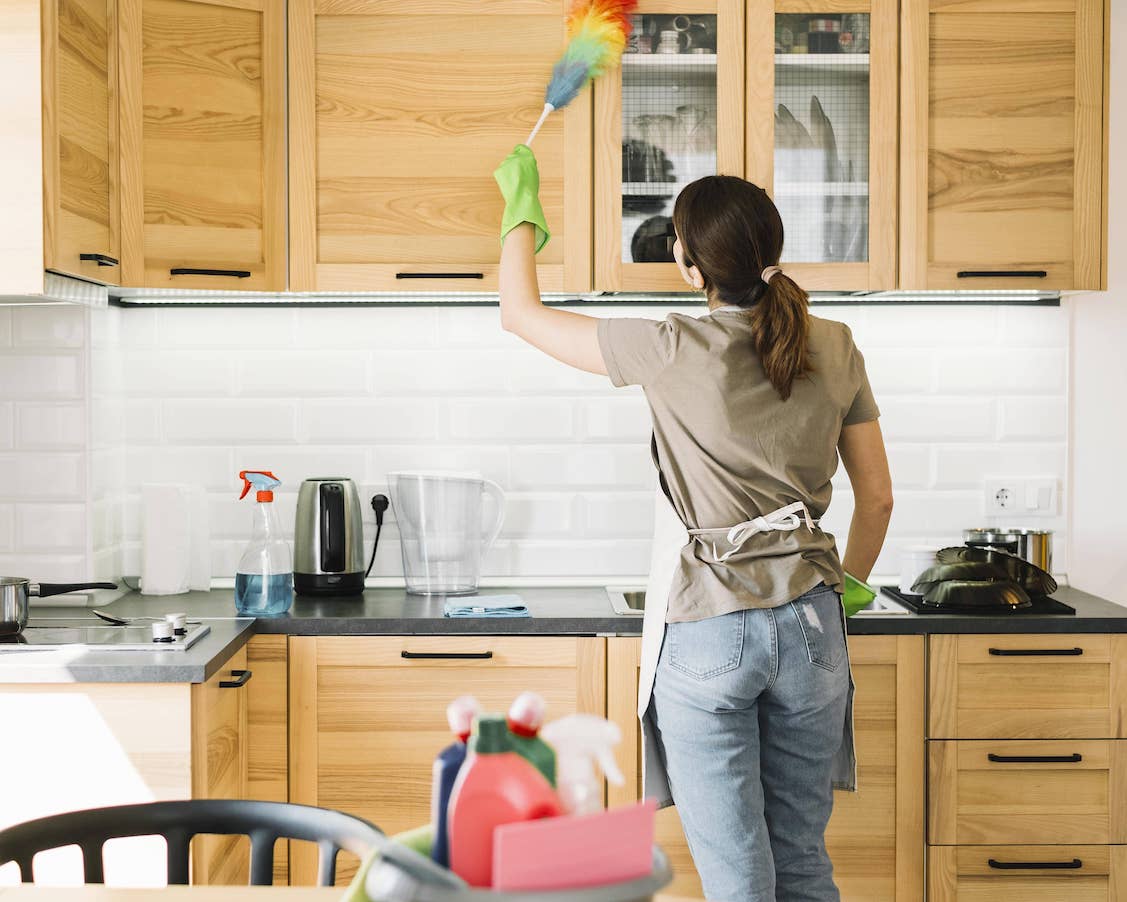

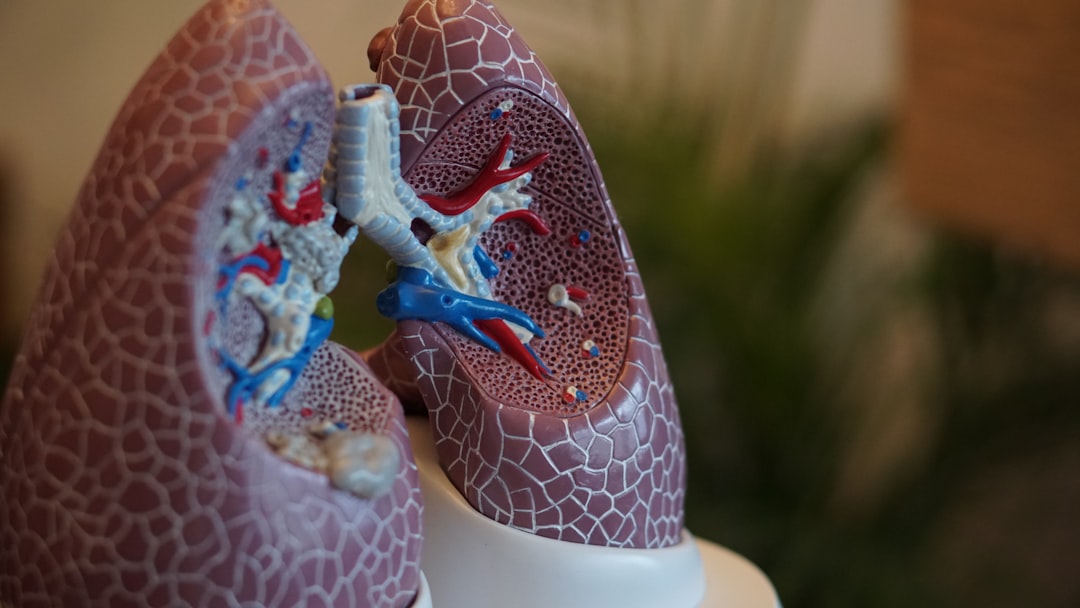
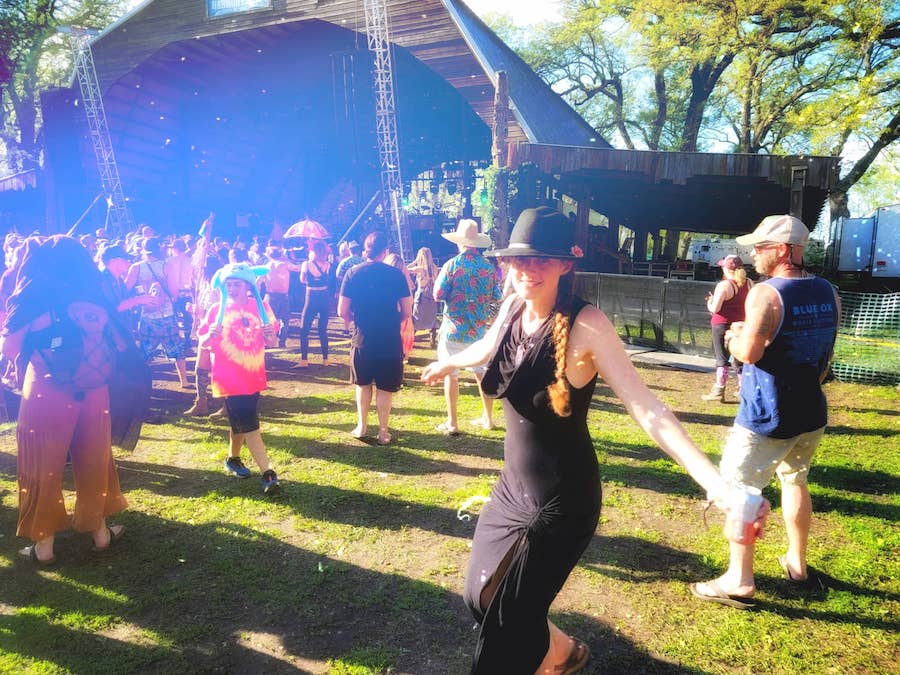

If you enjoyed this article or recipe, please consider giving it a comment! It helps others discover my blog and recipes, and your comments always make my day :) Thank you for your support!
Your email address will not be published. Required fields are marked *
1 comments on How To Practice Intellectual Self-Care
Good👍👍